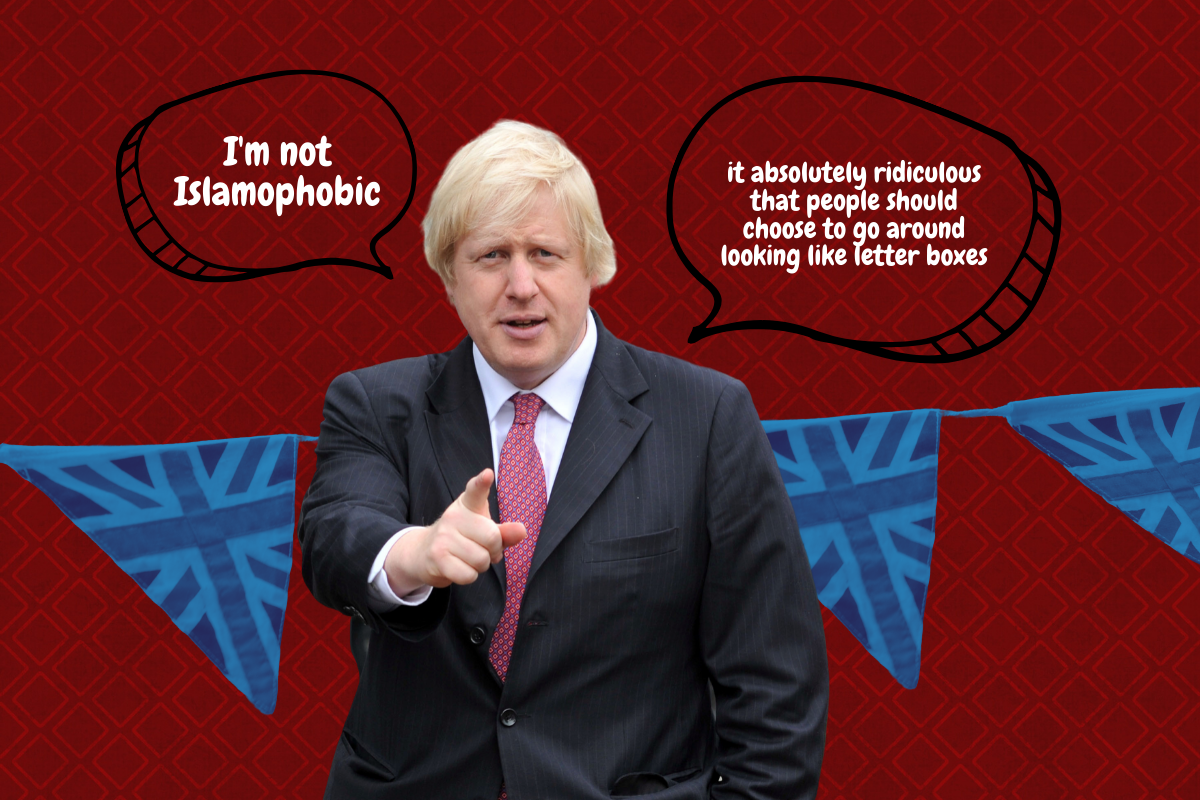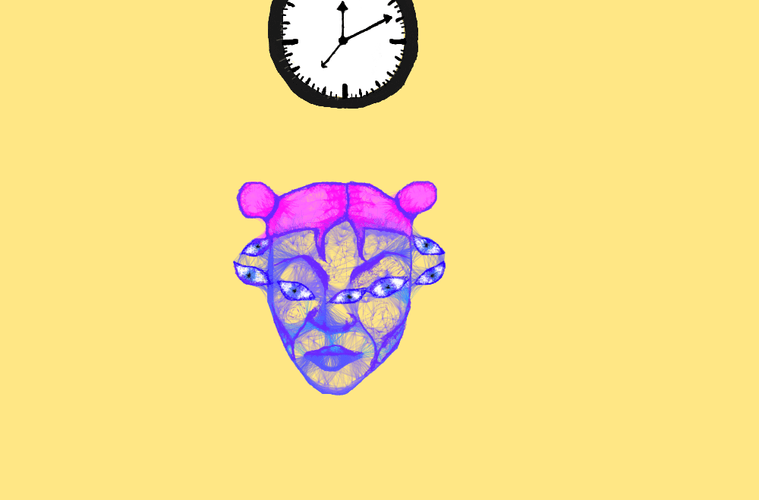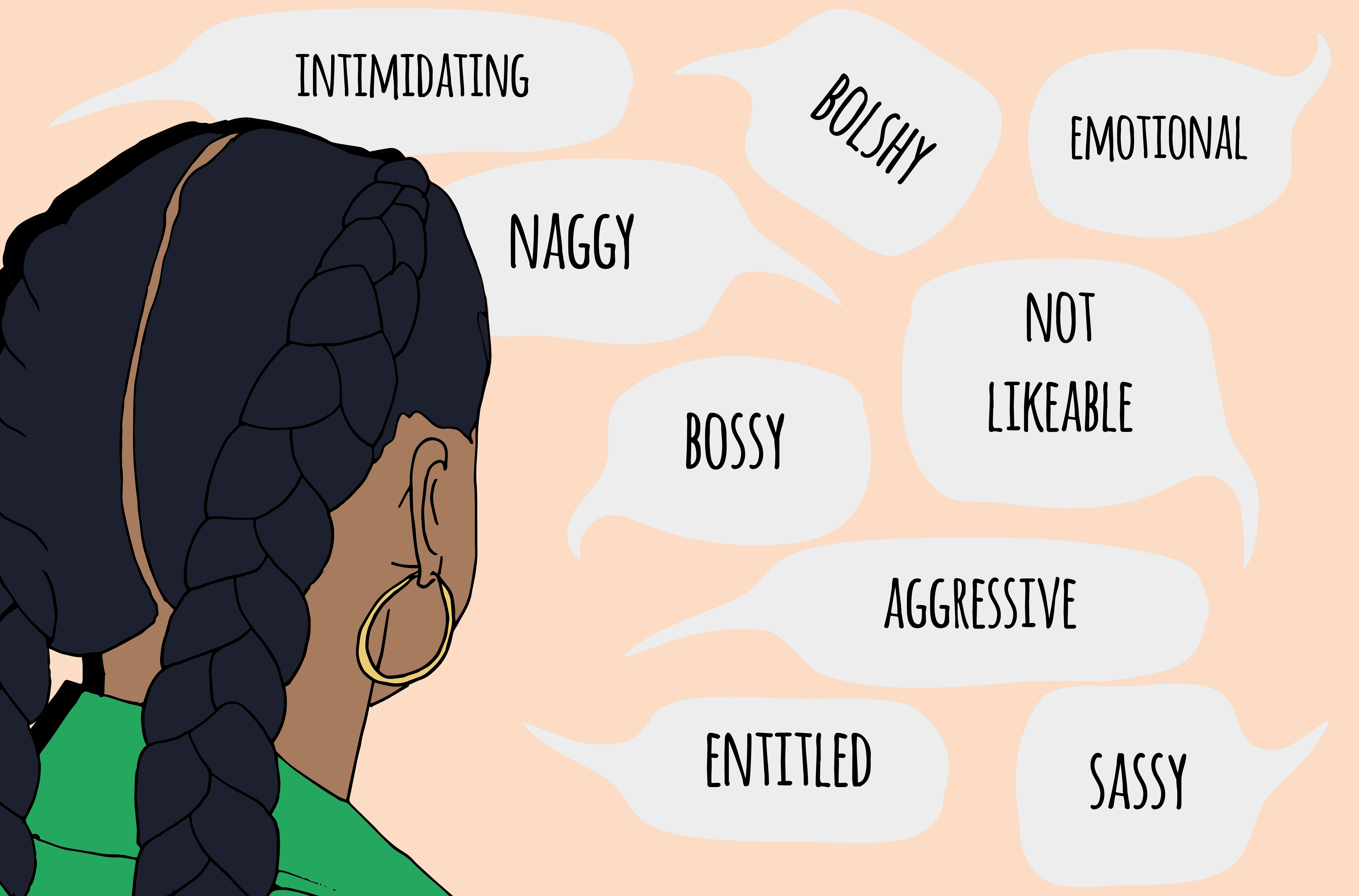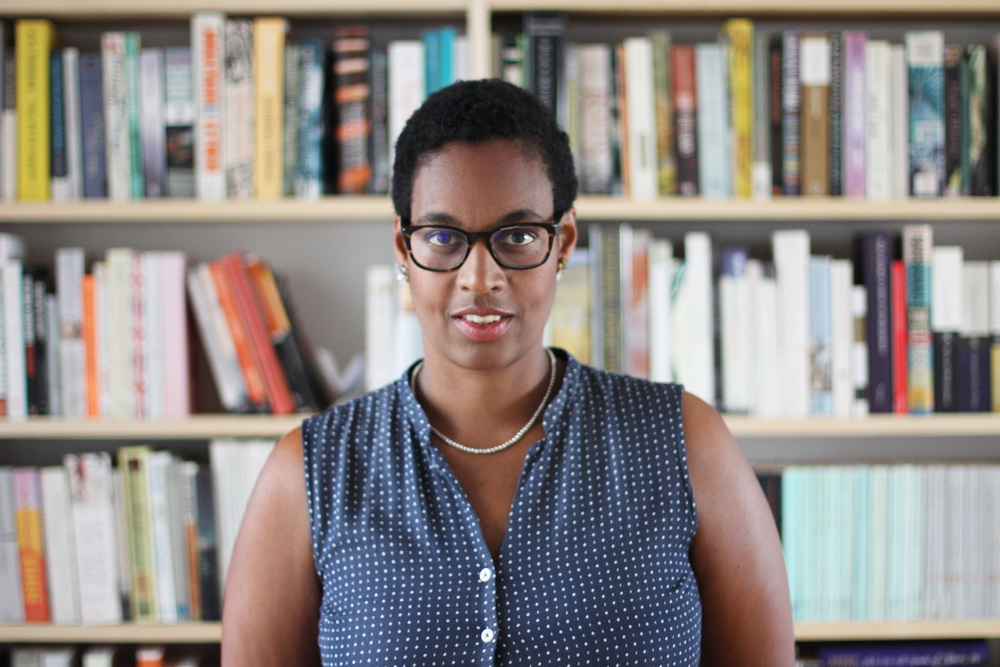
“Where are you from?”
“Essex”
“No but where are you actually from?”
“Ohh… Brentwood.”
Despite our generation’s fixation with Mean Girls we are yet to internalise one of its most important messages. “Oh my god Karen, you can’t just ask someone why they’re white!” exclaims Gretchen Weiners, scion of the Toaster Strudel empire and of white gold hoop fame.
Cut back to the transcript above, a condensed part of countless conversations I’ve had – that’s how often I’ve been asked where I’m actually from – and apparently Brentwood isn’t exactly the answer the other person is looking for.
The reason this article is called ‘no but where are you actually from?’ rather than simply ‘where are you from?’ is because of the insistent questioning I face when I reply with the part of Essex I’m from over whatever the expected answer is: India or, at least, somewhere mildly exotic.
There seems to be a cognitive dissonance in the minds of people between truly being from Essex and me looking like I do.
‘Where are you actually from?’ translates as ‘if you’re from Essex, then why are you brown?’ If Karen Smith is guilty of a misstep in the cut-throat world of Mean Girls, then why is it acceptable to ask me why I’m brown in this day and age?
It may not be the intention of the person asking to offend me, but the incisive and – at times – aggressive method of questioning reveals that, despite feeling British, I’m not perceived as such because of how I look.
Phrasing also has a huge impact on how I receive the question. I am British, but my ethnicity and ancestry are different – if you want to ask about those then use those words. Asking where I’m from will always elicit an answer about the UK because it is my place of birth and upbringing.
As the third generation of my family to live in the UK, I find it frustrating that I am constantly questioned about identifying as British, especially at a time when minorities in the UK are being put under a microscope for fear of the bogeyman of radicalization. It seems as though we can’t identify with the UK without interrogation and, if we don’t identify enough, we are perceived as a threat to national security (us and Jezza at least).
Of course the context of the question should be taken into consideration. However, the fact that I am asked where I am from the most, in Britain, and right at the start of conversations with new people, says interesting things about how we perceive race in the UK.
It could be that new people are trying to find common ground with me, and maybe my original heritage is a good springboard for this, yet this seems counterintuitive when they’re speaking to someone born and bred in the same country as them.
A more cynical view of the situation suggests that people still see my race as my one defining feature and use it to form snap assumptions about me. In layman’s terms my race would be used, first and foremost, to stereotype me.
The rickety defence rolled out for stereotyping is that it’s a quicker and sometimes accurate way of generalizing an individual based on what you largely think about the group they belong to (this can be a racial or a social group).
What stereotyping represents to minorities is a loss of individualism as someone judges you on the perception of your racial group simply because it’s quicker and easier for them over judging you simply on the basis of how you are.
It’s important to acknowledge how the persistence of the question, ‘where are you actually from?’ could come from needing to place where a person stands in society according to stereotypes that apply to them, quite like a racialised version of the question ‘what school did you go to?’
Maybe the questioner is simply curious, yet the persistence of the question ‘where are you actually from?’ shows that they are actually more confused about how brown skin and Britishness can fit together without contradictions. It also shows our love affair with social status is intertwined with the need to racially stereotype someone in order to size them up. For minorities, the question ‘no but where are you actually from?’ is a stark reminder that we have a long way to go before we truly feel at home in our homelands.









